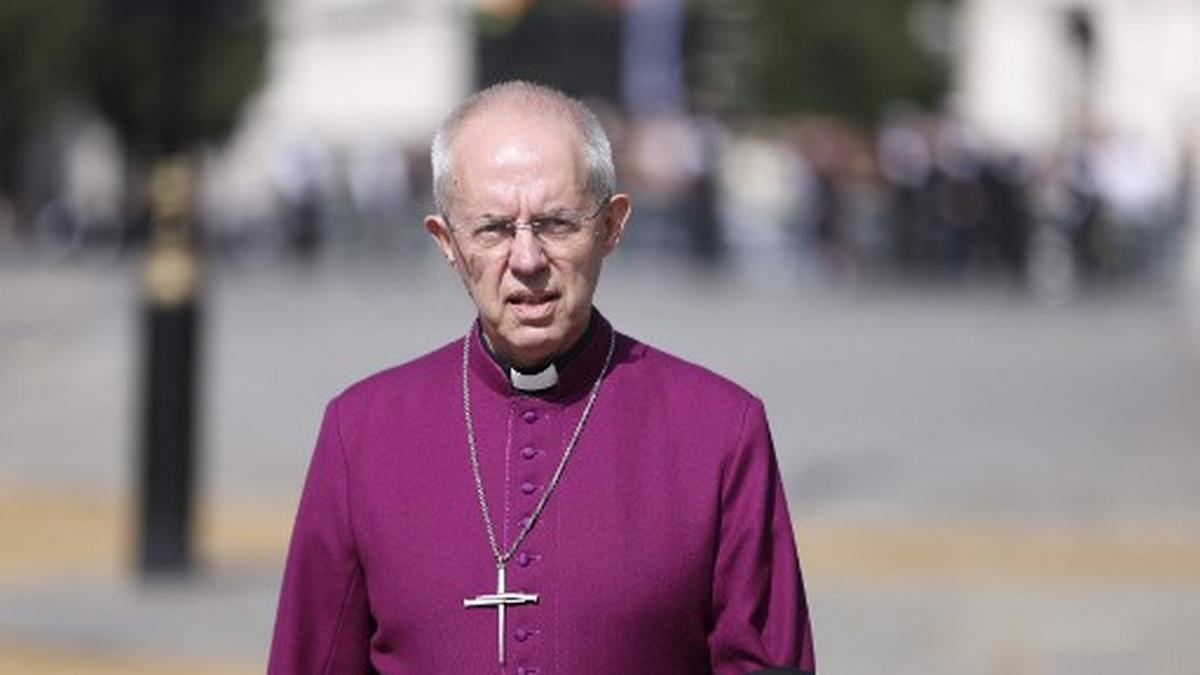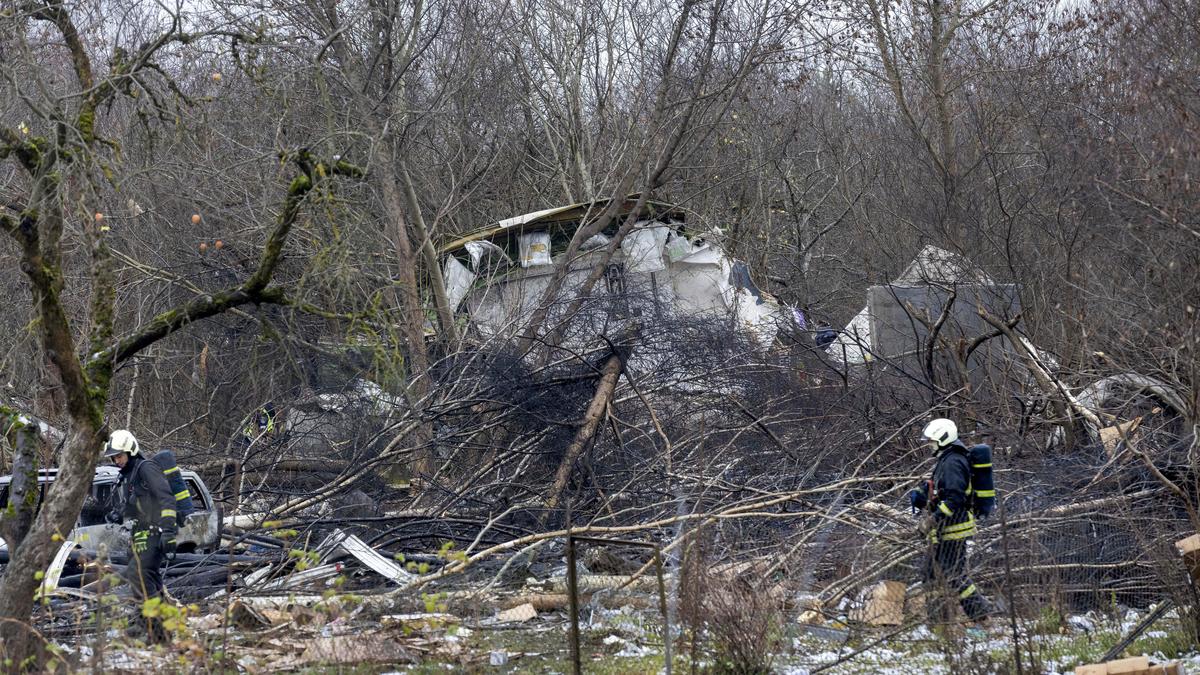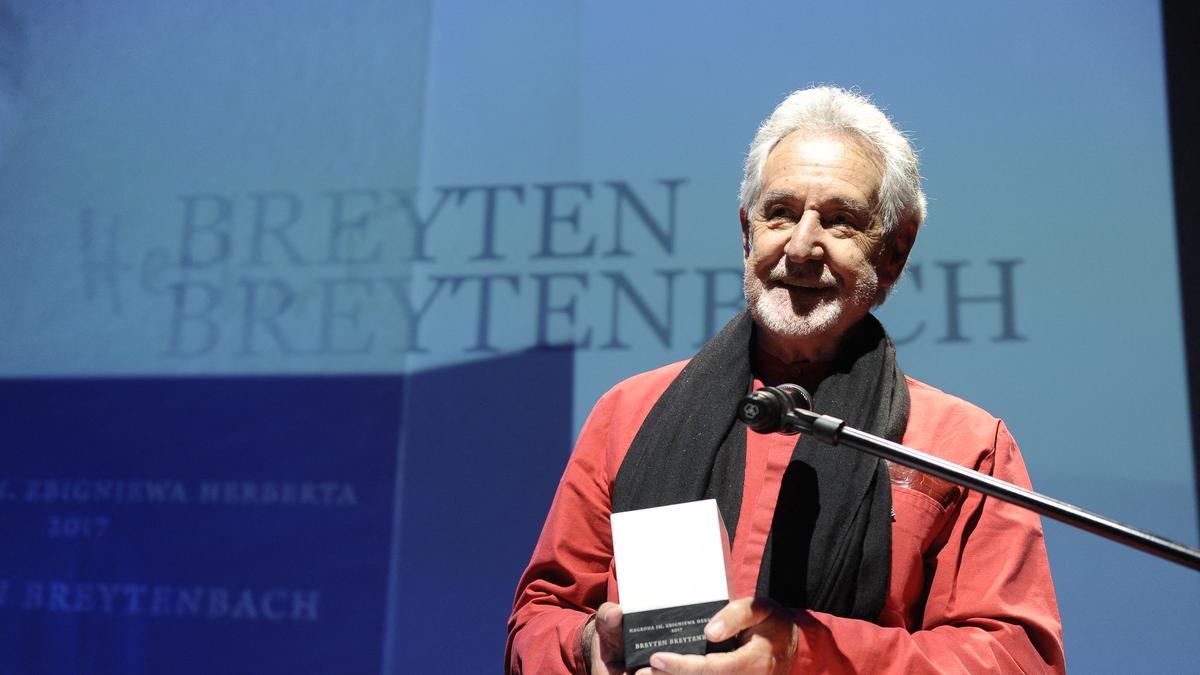The Archbishop of Canterbury Justin Welby resigned on Tuesday (November 12, 2024), saying he stepped down “in sorrow” after failing to ensure there was a proper investigation into allegations of abuse by a volunteer at Christian summer camps decades ago.
Archbishop Welby, the spiritual leader of 85 million Anglicans worldwide, had faced calls to resign after a report last week found he had taken insufficient action to stop a person it described as arguably the Church of England’s most prolific serial abuser.
“Having sought the gracious permission of His Majesty The King, I have decided to resign as Archbishop of Canterbury,” Archbishop Welby said in a statement.
“I hope this decision makes clear how seriously the Church of England understands the need for change and our profound commitment to creating a safer church. As I step down I do so in sorrow with all victims and survivors of abuse.”
Justin Welby: the self-critical Archbishop who led a divided Anglican communion
Archbishop Welby spent his 11 years as Archbishop of Canterbury trying to prevent the global Anglican communion from fracturing, often struggling to please liberals or conservatives as they fought over homosexual rights and women clergy.
But in the end he was brought down by an issue from the church’s past rather than its future: the failure to investigate an abuse scandal that dated back decades.
Archbishop Welby, a former oil executive, was an outspoken leader who grappled publicly with issues ranging from same-sex marriage to Britain’s immigration policy, Israel’s war in Gaza, slavery reparations, climate change and his own mental health problems.
“If I allowed myself to read my own Twitter feed, that would not help me at all, in fact it would do a lot of harm,” he said this year. “I believe it when people say I am … the worst Archbishop in history.”
Archbishop Welby finally came to grief with the publication of an independent report commissioned by the Church that found a man who ran summer camps for young Christians, John Smyth, to have been the most prolific serial abuser associated with the Church of England.
Archbishop Welby said he had had “no idea or suspicion” of the allegations before 2013, the year he became archbishop. But the independent Makin Report, published on Nov. 7, concluded it was unlikely he would have had no knowledge of the concerns regarding Smyth’s behaviour in the 1980s.
Having initially resisted calls to quit, Archbishop Welby resigned on Tuesday (November 12, 2024), saying the last few days had “renewed my long felt and profound sense of shame at the historic safeguarding failures of the Church of England”.
Church commentators said they could not think of a historical precedent for an archbishop resigning over a scandal.
Educated at Britain’s most prestigious private school, Eton, Archbishop Welby worked in the oil industry for more than a decade before being ordained in 1992. He was made the senior prelate of the Church of England in 2013, becoming the spiritual head of 85 million Anglicans in 165 countries.
He was praised for overseeing the momentous state funeral of Queen Elizabeth II – Britain’s longest-reigning monarch – at Westminster Abbey before a congregation of world leaders and royals and a vast television audience.
“That was such a solemn moment, I can’t find a word for it. It was so profound that this was a change of moment in history,” he said.
He also presided over Britain’s first coronation in almost 70 years, that of King Charles III, who as monarch also became the supreme governor of the Church of England. And he officiated at the marriage of Prince Harry to the American actress Meghan Markle.
Vocal campaigner
Archbishop Welby was cheered by admirers for his vocal campaigning on societal issues such as fighting poverty, and had been very open about his own past, including discussing his parents’ struggle with alcoholism and his own temptation to self-harm.
He was told in 2016 that his biological father was in fact Anthony Montague Browne, late private secretary to wartime leader Winston Churchill, who had impregnated his mother in a “drunken evening”.
He said he was “relatively unmoved” by that revelation as his identity was “in Jesus Christ, not in DNA”. His time at the head of the Anglican communion was turbulent as he was forced to navigate a schism that erupted as he enabled women to become bishops and allowed churches to bless same-sex couples.
He said he had decided not to carry out such blessings himself, out of responsibility for the wider church, adding: “This is where you have to be a politician.”
But the move angered the conservative branch of the global communion, most notably African churches where homosexuality is taboo, and a conservative group of Anglican church leaders said last year it had no confidence in him.
In 2021, he apologised for saying that political leaders who failed to act on climate change were making a bigger mistake than those who ignored warnings about the Nazis.
And a year later he apologised for the Church’s past role in the slave trade and committed to investing 100 million pounds ($130 million) to address its links to slavery.
Asked this year in a podcast about his thought process before weighing in on such topics, he said: “My first rule is don’t, unless … you can’t avoid it.”
Archbishop Welby has also said he wants the Church to be “simpler, humbler, bolder – and centred on Christ”.
“You have to recognise that in every age the Church is unable to see its own faults as it should,” he said, “so there has to be a constant willingness to learn.”
Published – November 12, 2024 07:55 pm IST






